Descripción:
Other suggestions are welcome, and Panels can be more specifically oriented within these broad areas. Papers will be allocated a maximum of 30 minutes on the programme (i.e. approx 20 minutes for the paper and 10 minutes for discussion and debate). We will shortly be announcing the keynote speakers for the conference on our ACIS website. Keynote speakers in previous years have included novelist Use Lahoz, journalist and writer Elvira Lindo, historian and diplomat Professor Angel Viñas and the Association’s President, historian Professor Paul Preston. Informal enquiries concerning papers and topics are welcome before the deadlines. Details concerning conference registration will be made available in due course on the ACIS website www.iberianstudies.net. Please visit this site for further information about the Association. Contacto: University of East Anglia - School of Language and Communication Studies: c.de-pablos@uea.ac.uk Plazo de envío de propuestas: hasta el 21 de marzo de 2014
Información adicional:
You are cordially invited to offer a paper, panel, or workshop presentation. Proposals for panels of four papers maximum are also invited on specific themes in addition to individual presentations. Any proposed panel should be organised by one convenor who will be responsible for inviting the speakers and chairing the session. You are also invited to suggest any speakers who you think would be willing to offer a paper, bearing in mind, however, that ACIS does not normally offer a fee or expenses for speakers.The choice of all panels and papers will be made by the Conference programme organisers in consultation with the Executive Committee.Below are the suggested thematic areas for papers and panels, which must advance understanding of contemporary socio-cultural, economic and political issues and realities and relate primarily to Spain and Portugal. Both single-disciplinary and interdisciplinary perspectives are encouraged and the themes listed below are not exclusive.- Politics, Government, International Relations, the EU, Nationalism, Regionalisms- Economics, Business, Labour, Social and Welfare issues- Cultural production in all its forms (e.g. film, television, journalism, literature, media, advertising, digital communication & social networking)- Social and Cultural Studies (e.g. identity, gender, ethnicity, popular culture)- Leisure, Tourism, Sport- Contemporary history- Language, Linguistics, Language Policy- Education and Pedagogy
